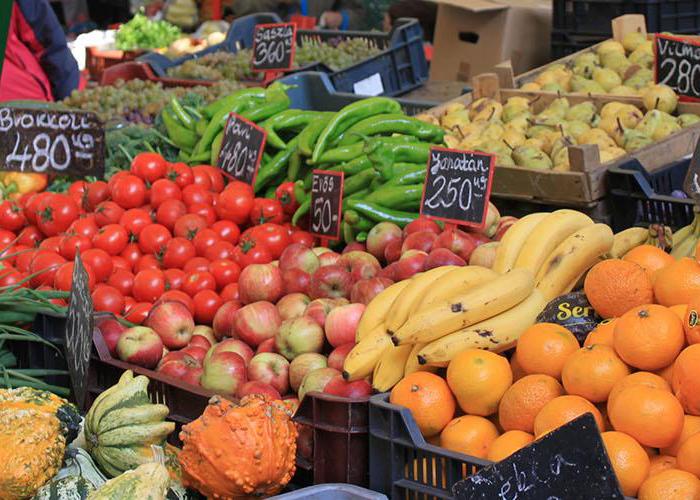Food safety, everyone's business

The second World Food Safety Day is celebrated on June 7, 2020 to draw attention and inspire action to help prevent, detect and manage foodborne risks, contributing to food security, human health, economic prosperity, agriculture, market access, tourism, and sustainable development.
Following the success of the first celebration in 2019, this year, the World Food Safety Day reinforces the call to strengthen commitment to scale up food safety made by the Addis Ababa Conference and the Geneva Forum in 2019 under the umbrella of “The Future of Food Safety.”
Food safety is a shared responsibility between governments, producers and consumers. Everybody has a role to play from farm to table to ensure the food we consume is safe and will not cause damages to our health.
Through the World Food Safety Day, WHO pursues its efforts to mainstream food safety in the public agenda and reduce the burden of foodborne diseases globally.
What is Food Safety?
Food safety is the absence -- or safe, acceptable levels -- of hazards in food that may harm the health of consumers. Food-borne hazards can be microbiological, chemical or physical in nature and are often invisible to the plain eye: bacteria, viruses, or pesticide residues are some examples.
Food safety has a critical role in assuring that food stays safe at every stage of the food chain - from production to harvest, processing, storage, distribution, all the way to preparation and consumption.
With an estimated 600 million cases of foodborne illnesses annually, unsafe food is a threat to human health and economies, disproportionally affecting vulnerable and marginalized people, especially women and children, populations affected by conflict, and migrants.
An estimated three million people around the world -- in developed and developing countries -- die every year from food and waterborne disease. Food is the starting point for our energy, our health and our well-being.
We often take for granted that it is safe, but in an increasingly complex and interconnected world where food value chains are growing longer, standards and regulations are that much more important in keeping us safe.
Food Safety and Sustainable Development Goals
Food safety is key to achieving several of the Sustainable Development Goals and World Food Safety Day brings it into the spotlight, to help prevent, detect and manage foodborne risks.
Safe food contributes to economic prosperity, boosting agriculture, market access, tourism and sustainable development.
Goal 2 — There is no food security without food safety. Ending hunger is about all people having access to safe, nutritious and sufficient food all year round.
Goal 3 — Food safety has a direct impact on people’s health and nutritional intake. Foodborne diseases are preventable.
Goal 12 — When countries strengthen their regulatory, scientific and technological capacities to ensure that food is safe and of the expected quality throughout the food chain, they move towards more sustainable patterns of food production and consumption.
Goal 17 — A globalized world with annual food exports currently in excess of USD 1.6 trillion and complex food systems demands international cooperation across sectors to ensure food is safe. Food safety is a shared responsibility among governments, food industries, producers and consumers.
Radio Veritas Asia (RVA), a media platform of the Catholic Church, aims to share Christ. RVA started in 1969 as a continental Catholic radio station to serve Asian countries in their respective local language, thus earning the tag “the Voice of Asian Christianity.” Responding to the emerging context, RVA embraced media platforms to connect with the global Asian audience via its 21 language websites and various social media platforms.














